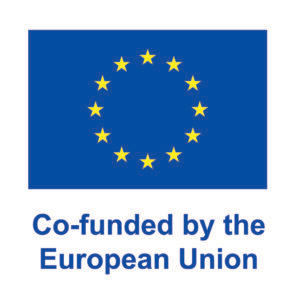The evolution of sustainable logistics 4.0
15/08/2025
The notion of sustainable logistics emerged in the 1970s as the public became increasingly conscious of climate change issues. This growing awareness led to regulatory developments and technological progress that promoted the expansion of eco-friendly logistics across businesses. With consumers increasingly seeking more sustainable brands and products, companies have begun evaluating the environmental impact of their practices and initiated shifts to adopt greener logistics systems and sustainable supply chain management, aiming to mitigate environmental harm.
- 1970s: The inaugural Earth Day takes place amidst rising environmental consciousness and concerns over the oil crisis.
- 1980s: Introduction of environmental legislation, like amendments to the Clean Air Act and the release of the Brundtland Report.
- 1991: The term "green logistics" is officially introduced.
- 1992: The Earth Summit in Rio de Janeiro results in the adoption of Agenda 21.
- 2000s: A heightened emphasis on corporate social responsibility and the integration of green logistics into comprehensive supply chain management emerges.
- 2010: Companies start extensively implementing advanced technologies such as telematics, GPS tracking, and route optimization software to boost efficiency and cut emissions.
- 2012: The Paris Agreement underscores the necessity of carbon emission reduction across various sectors, highlighting the development of eco-friendly warehouses and distribution centers along with the adoption of renewable energy and efficient designs.
- 2020s: Organizations pledge to curb greenhouse gas emissions and boost the use of electric and hybrid vehicles in logistics fleets. Circular economy principles take root, promoting recycling and reuse in supply chains to diminish waste.
- 2022-2025: Slog4.0 - Sustainable Logistics 4.0 - Digital and green skills for boosting innovation and sustainability of the logistics sector (project 2022-1-PL01-KA220-HED-000086366 co-funded by the European Union).


